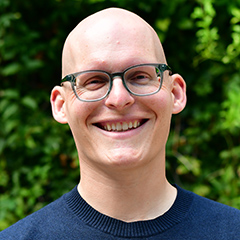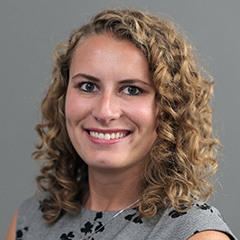Project Overview
Evaluate the effectiveness of MCC’s Irrigation and Market Access Project in Niger, which is designed to improve agricultural productivity among farmers in the Konni and the Dosso-Gaya area.
To understand the project’s influence on improved agricultural outcomes, land tenure security, and food security, all of which have been constrained in the past but are considered important to economic development.
- Millennium Challenge Corporation
- Millennium Challenge Account
- The National Aeronautics and Space Administration
- RTI International
- Centrale d’Approvisionnement en Intrants et Matériels Agricoles
- Commissions Foncieres Communales
- Direction des Actions de Coopération et de Soutien aux Organisations Rurales
- l’Office Nationale des Aménagements Hydro-agricoles
Millennium Challenge Corporation
Given the advanced implementation schedule in the Konni perimeter (as opposed to Dosso-Gaya), Mathematica is conducting a mixed-methods assessment and outcomes analysis to evaluate the implementation, results, and sustainability of the rehabilitation of the Konni perimeter and complementary IMAP activities, including farmer training and policy reforms. The Konni perimeter evaluation studies the outcomes that follow the provision of irrigated land on the perimeter as compensation for persons displaced by the project and recalculates the economic rate of return of the perimeter. First, to address questions related to program implementation and sustainability of the activities under IMAP, we are conducting a qualitative analysis through document review, targeted key informant interviews, and discussions with focus groups. Second, to assess changes in outcomes, we propose to conduct a quantitative performance evaluation (pre-post analysis) to estimate changes in outcomes spanning the intervention’s duration. The pre-post analysis will be based on survey data collected at baseline, midline, and endline.
A highlight of this project is that Mathematica is collaborating with NASA and RTI International on analyses of remotely sensed satellite and drone imagery to complement estimates of crop yields derived from household survey data and (possibly) crop cuts. Combining data from these sources will enable improved yield measurement. Furthermore, seasonal satellite and drone imagery collected from the Konni perimeter and adjacent areas will facilitate developing yield estimates in the seasons between the baseline, midline, and endline surveys, as well as in nearby areas outside the irrigation perimeter.
This evaluation will contribute to a better understanding of the economic value of irrigation investments in the context of variable and changing production and yields.
Evidence & Insights From This Project

Niger Irrigation and Market Access Project: Baseline Report – Part II: Dosso-Gaya Region
This baseline report details the pre-intervention state of agricultural practices and outcomes, irrigation, land use, income, and food security among beneficiaries of MCC’s agricultural investments in Niger’s Dosso-Gaya region under the Irrigation and Market Access Project (IMAP).
Learn MoreRelated Staff
Efficiency Meets Impact.
That's Progress Together.
To solve their most pressing challenges, organizations turn to Mathematica for deeply integrated expertise. We bring together subject matter and policy experts, data scientists, methodologists, and technologists who work across topics and sectors to help our partners design, improve, and scale evidence-based solutions.
Work With Us



